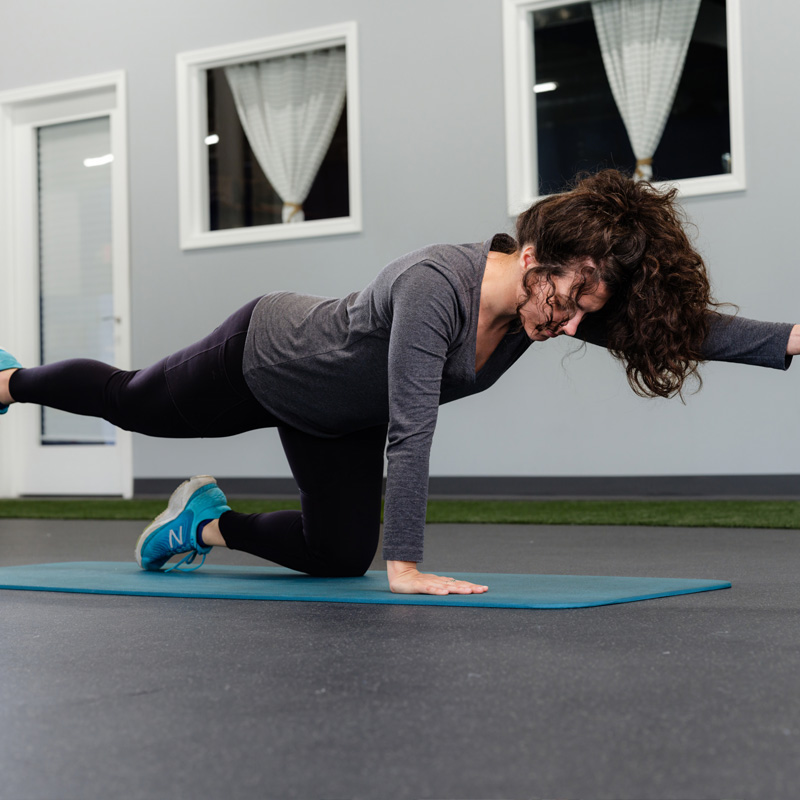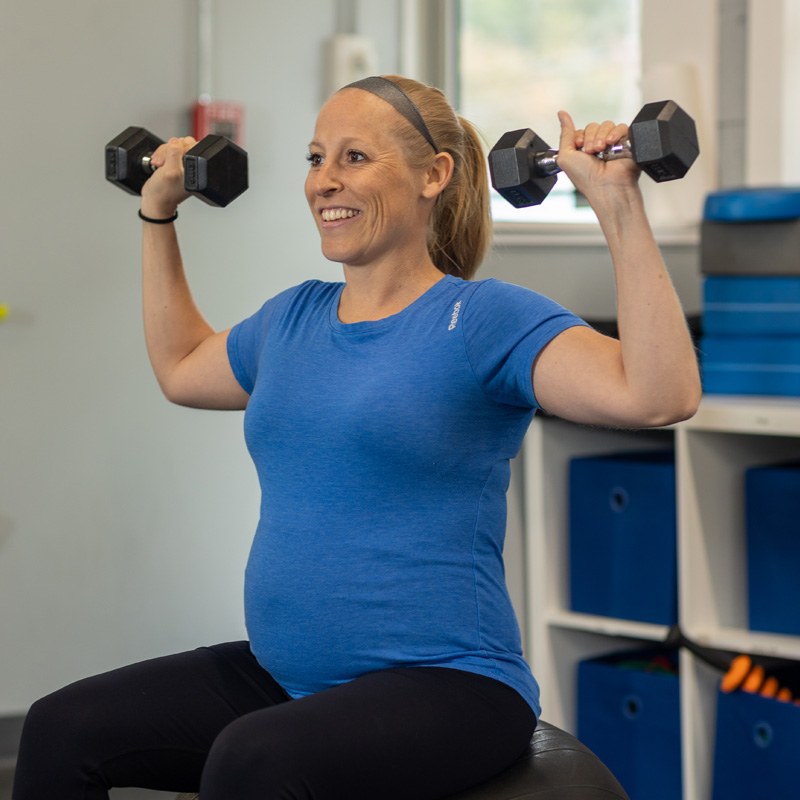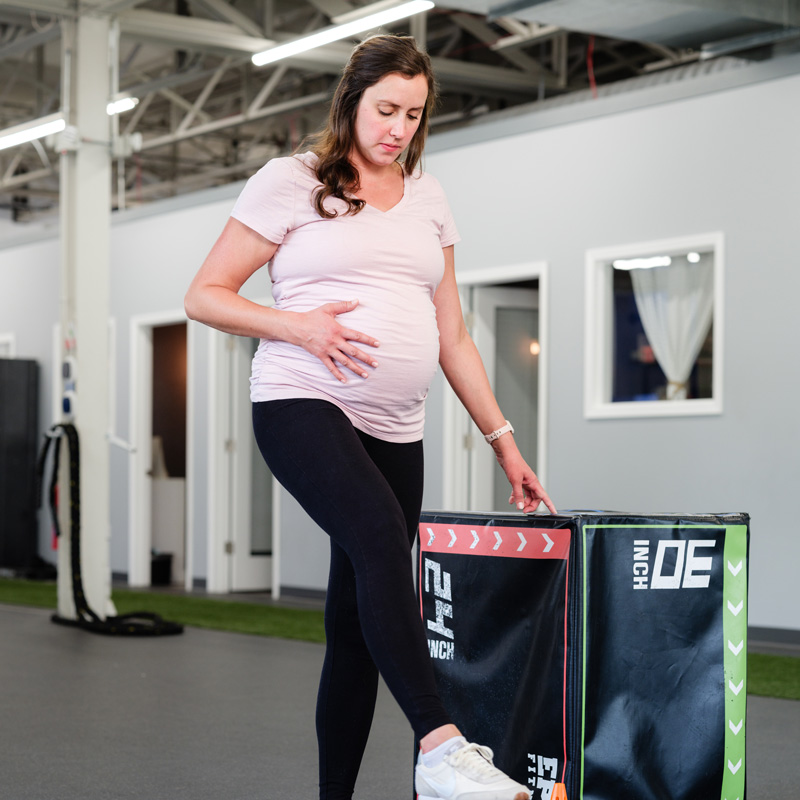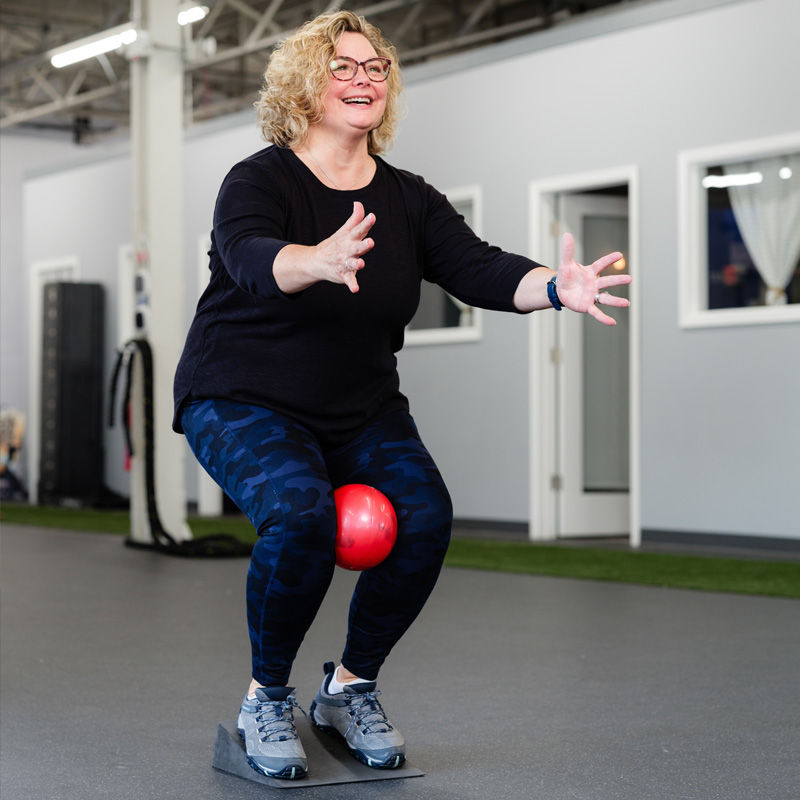
Pelvic floor dysfunction
Pelvic health is more than just the Pelvic Floor.
A Pelvic Health Physical Therapist will perform a comprehensive evaluation that includes a musculoskeletal screen. They’ll ask you about previous injuries, incidences of pain, history of pregnancy/birth and bowel and bladder function– all things that may be impacting your pelvic floor. They will also likely look at your breathing and ask you to move, walk/run or squat so they can assess your go-to movement patterns.
Urinary incontinence
Difficulty holding in gas or fecal incontinence
Leaking urine with exercise
Frequent urination and urgency
Hesitancy/burning with urination
Pelvic pain (w/ sex, tampon use etc.)
Bowel health/ constipation





